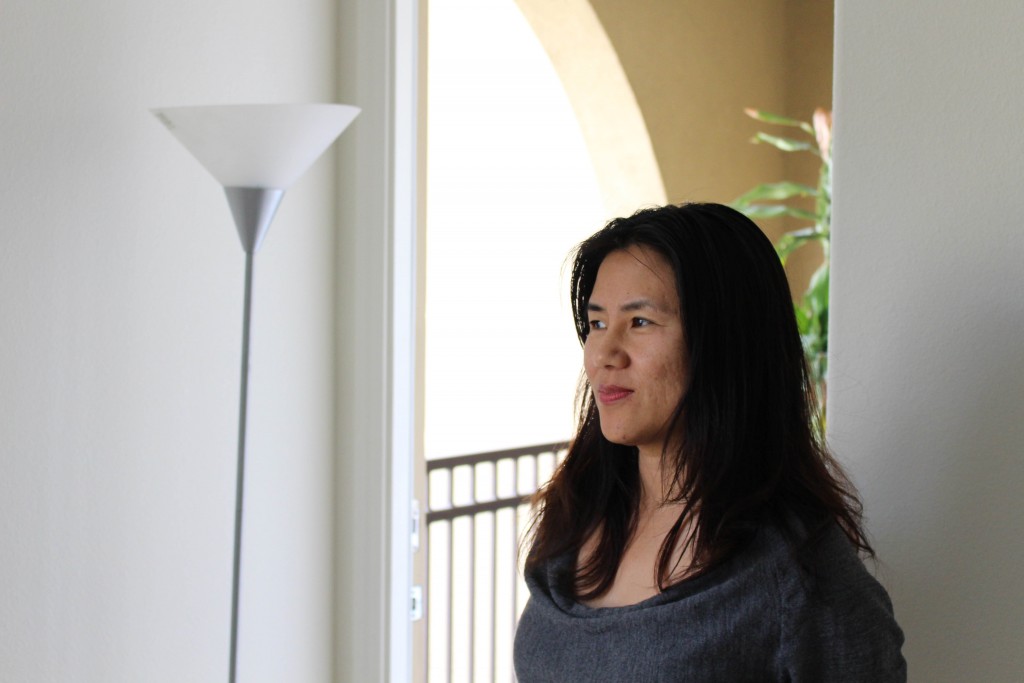Football fans looking for lodging near Levi’s Stadium for Super Bowl 50 on Feb. 7 may be surprised to see their Airbnb bills include occupancy taxes.
In a deal reached in October with the City of Santa Clara, Airbnb has agreed to collect the same transient occupancy taxes that hotels and motels have been collecting for decades.
On average, most Airbnb customers will see their bills increase $10 to $15 per night. But most will pay more in taxes during the Super Bowl. At least one home is listing for as much as $9,000 per night for a one-bedroom listing, where guests would pay about $850 per night just in taxes. Santa Clara estimates it could receive about $60,000 in tax revenue per year from the agreement, though that figure is expected to be higher next year because of increased traffic for the Super Bowl.
Santa Clara’s decision to collect occupancy taxes comes as Airbnb has gained in popularity and cities have scrambled to regulate the way the online short-term rental service operates and to make up for lost revenue that used to come through hotel bookings. Some cities, like Santa Monica and Portland, have tougher regulations that require hosts to apply for permits or business licenses before listing their short-term rentals online.
But Airbnb earned a huge victory on Election Day when San Francisco voters rejected Proposition F, a ballot measure that would have curbed short-term Airbnb rentals to a max of 75 nights per year. Airbnb spent about $8 million opposing Proposition F during the campaign.
Despite the victory, Airbnb is facing a growing battle on the tax front. More than a dozen states and cities, including Santa Clara, have capitalized on the popularity of these rentals by signing tax collection agreements with Airbnb.
Four cities in the Bay Area – Oakland, Palo Alto, San Francisco and San Jose – have tax collection agreements with Airbnb, according to Airbnb’s website.
The four cities also have higher transient occupancy tax rates than Santa Clara, with Oakland, Palo Alto and San Francisco charging guests 14 percent per night. Santa Clara’s transient occupancy tax rate is 9.5 percent, according to Airbnb’s website.
The agreements could yield large sums of revenue. San José predicts it will collect about $150,000 in taxes through short-term Airbnb rentals this year.
Though the occupancy taxes may drive away some customers, Airbnb hosts and the City of Santa Clara stand to make thousands of dollars during Super Bowl weekend.

Sherry He, a high-tech employee living in Santa Clara, joined Airbnb earlier this year as a way to meet new people. She’s ambivalent about the agreement.
“(The tax) is going to have a huge impact on pricing,” she said.
On most nights, she charges $98 for her one-bed, one-bath listing. She’s unsure of whether she will adjust her nightly rate to compensate for the taxes.
“I feel conflicted,” she said. “I don’t know what I’m going to do yet.”
He, who lives about a mile from Levi’s Stadium, found guests for the Super Bowl months ago. She tripled her nightly rate to $300 for the occasion.
“It’s a father and son,” she said. “I want them to have a great experience.”
As a host, she isn’t required to collect the tax for the city. Through the tax agreement, it is the responsibility of Airbnb to collect taxes directly from the customer when the transaction is processed and remit them to the city.
Santa Clara Assistant City Manager Sheila Tucker said fairness was a factor in the agreement being signed, as hotels have been required to collect occupancy taxes for years.
“It’s an issue of equitability,” she said.
Requiring Airbnb to collect the same taxes as hotels has also won support from hotel industry advocates like Kevin Carroll, executive director of Hotel Council of San Francisco. He was in support when Airbnb agreed to collect occupancy taxes last year in San Francisco.
“If you’re operating a business, you should be collecting and remitting the taxes that are being used for services across the city,” he said.
The prospect of collecting taxes on short-term Airbnb rentals was unanimously endorsed by the Santa Clara City Council during its Sept. 29 meeting. The city needed council authorization before it could sign an agreement with Airbnb. The agreement was signed around Oct. 15, according to the city.
A few Airbnb hosts were in attendance at the meeting, but only one host shared his views on the tax agreement.
Some residents said they learned of the city council’s intent to discuss the tax measure after being contacted by Airbnb.
Yoga Singh, a host who attended the Sept. 29 council meeting, said he received a call from an Airbnb representative telling him to show up two hours into the meeting.
Singh, a cab driver, uses Airbnb to help pay rent. His listing attracts several guests per month, and he makes about $1,500 a month from the home-sharing site. But it’s not enough to cover his constantly increasing $3,200 monthly rent.
“It’s hard to keep up with the rent in Santa Clara right now,” he said.
Singh said Airbnb should collect the same taxes as hotels.
“(The tax) will not affect any occupancy rate,” he said. “I don’t think people are going to back off from Airbnb for charging the tax.”
Airbnb did not return multiple written requests for comment.
